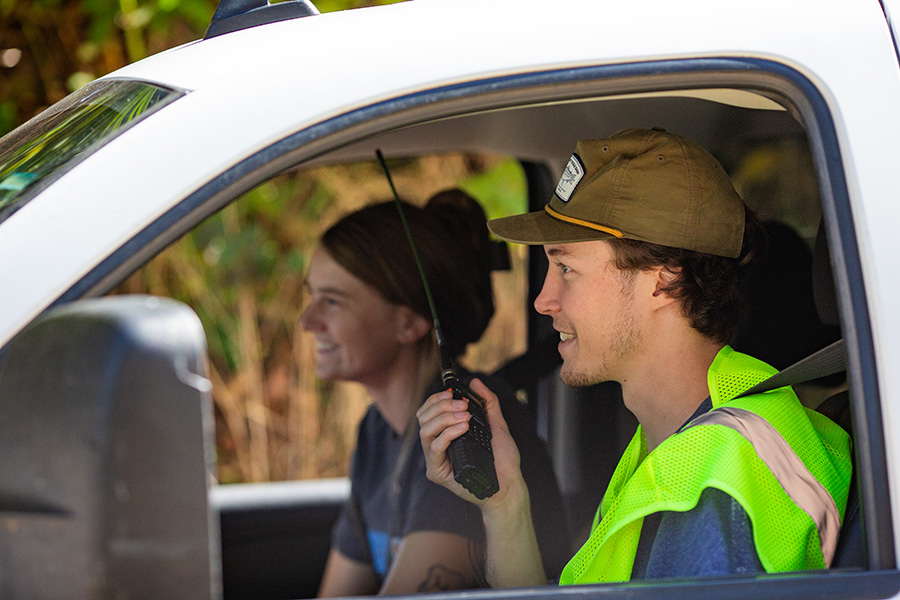
Two members of App State’s Appalachian Medical Reserve Corps (APP MRC) drive to a local resource hub serving individuals in Western North Carolina who were impacted by Hurricane Helene. More than 900 APP MRC volunteers assisted with hurricane recovery efforts in the weeks after Helene, including staffing a 24/7 nonemergency call center to field questions and triage requests. Photo submitted
BOONE, N.C. — The day after Hurricane Helene devastated Western North Carolina, 911 operators in Watauga and surrounding counties received thousands of calls from individuals concerned for their safety or the safety of others. To help ease the strain on the emergency call center, Watauga County Emergency Services turned to Appalachian State University’s Jennifer Schroeder Tyson for help establishing a nonemergency line to field questions and triage requests.
Schroeder Tyson, a research assistant professor in the Department of Public Health and leader of the university’s Appalachian Medical Reserve Corps (APP MRC), responded promptly by developing a training program for APP MRC volunteers willing to help answer calls and establishing a nonemergency call center with 24/7 availability. As 911 operators continued fielding emergency calls, the APP MRC-staffed call center was able to receive nonemergency calls that ranged from inquiries about road closures to coordinating logistics around resources and needs.
“The emergency call center was overwhelmed with the call volume after the storm, and emergency responders needed to prioritize saving people who were in danger,” Schroeder Tyson explained. “Because the Appalachian Medical Reserve Corps was already established and had an engaged volunteer base, we were able to work quickly and respond in unique ways after Hurricane Helene, and we continue to find ways to have a positive impact on community health.”
Medical Reserve Corps is a U.S. network of community-based units initiated and established by local organizations to meet the public health needs of their communities. Each unit comprises a pool of community volunteers who implement strategies specific to their communities’ needs. APP MRC, which serves 25 regional counties, supports rural public health operations and works to bolster community resilience and preparedness. It was established after the global pandemic, as a way to provide health outreach and support to the local community.
“Watauga County Communications greatly values and appreciates this partnership and the ability of APP MRC to fill this need in the community, extending outward from the college campus and into the county as a whole,” said Watauga County Communications Assistant Director Melissa Harmon. “Their careful nonemergency call taking enabled life and safety calls to be addressed as additional needs were able to be met, both with information and with resources.”
After Helene impacted the area, the number of APP MRC volunteers swelled from 50 to more than 900 in just a few weeks, as App State’s University Communications and local organizations, such as the Boone Area Chamber of Commerce, shared information about the center being a way to help others. APP MRC volunteers — which included nearly 300 App State students, faculty, and staff volunteers, members of App State Public Health AmeriCorps, and local emergency medical technicians and retired medical workers — fielded more than 800 calls in just three weeks of the call center’s operation.
Other APP MRC volunteers deployed to unload trucks of supplies for hospitals and clinics in the region and supported more than six shelters in the area with MRC clinical providers as needed.
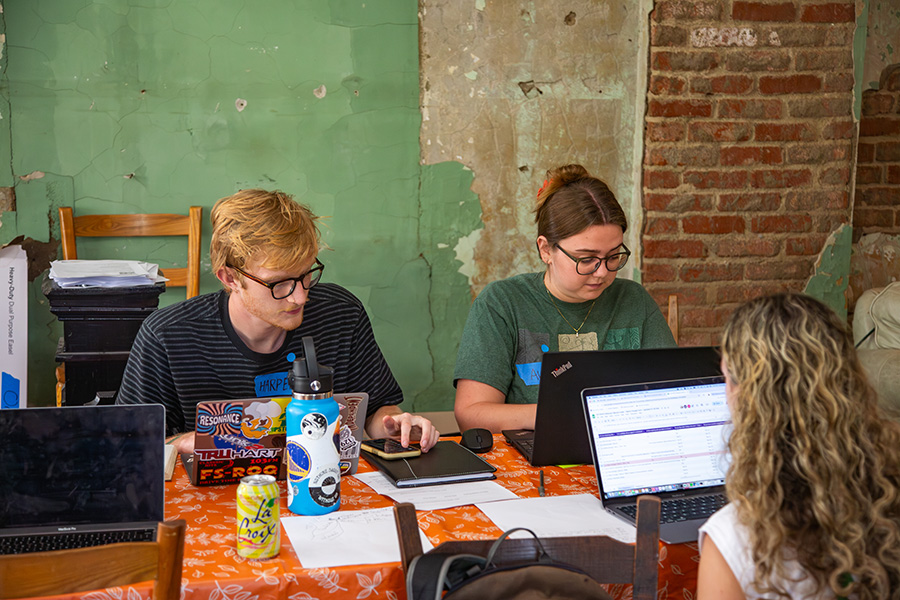
Members of App State’s Appalachian Medical Reserve Corps (APP MRC) analyze data on the needs of Western North Carolina community members in the wake of Hurricane Helene. More than 900 APP MRC volunteers assisted with hurricane recovery efforts in the weeks after Helene, including staffing a 24/7 nonemergency call center to field questions and triage requests. Photo submitted
Emily Autry, critical crisis communications specialist in App State’s University Communications, connected with Schroeder Tyson almost immediately after the storm to discuss how the nonemergency call center could assist in addressing the communication challenges facing the community.
“Setting up the call center helped people find critical resources and information while also working to preserve 911 for emergency response,” Autry said. “The call center also gave people a direct connection with others, through which they could give and receive help, so it had layers of purpose that played an important role in recovery.”
“Most people living up here in the mountains had lost power and didn’t have a cellular signal or a way to communicate,” said Schroeder Tyson. “I started receiving messages from people off the mountain asking how they could help those affected by the storm.”
Schroeder Tyson said one call to the nonemergency line resulted in a donation of insulin from people with diabetes who live outside the region, who wanted to help those who had lost their insulin due to the storm. APP MRC volunteers were able to connect the donors with Boone’s Hunger and Health Coalition, which — with power outages and roadways closed across the area — became a central distribution hub for individuals from the region who needed essential medications.
The impact of APP MRC’s support in recovery following Helene has garnered national recognition. Schroeder Tyson was invited to speak at the National Association of County and City Health Officials Preparedness Summit, where she presented on the organization’s recovery efforts in the wake of Hurricane Helene.
An expanded base of volunteer support
Since ceasing operations of the storm-related call center, APP MRC has retained a number of the volunteers who became involved in the organization after Helene. The group has about 230 active volunteers who engage in regular training — including psychological first aid training — and volunteer activities. More than 800 people receive the organization’s monthly newsletter.
According to Schroeder Tyson, APP MRC now supports disaster response, public health outreach, and resource mapping, and the organization includes a volunteer base that spans a wide range of individuals.
“Our volunteers now include health care professionals, college students and recent graduates, retired professionals and others,” she said, adding that the organization’s volunteer opportunities have shifted to more routine requests, such as helping at a back-to-school event in Watauga and Avery counties to distribute school supplies to students, as well as assisting with organizing community health needs assessments in Avery and Mitchell counties.
Those interested in becoming an Appalachian Medical Reserve Corps volunteer can fill out this interest form for more information.
What do you think?
Share your feedback on this story.
The App State team is working to enhance rural public health preparedness, mental health resources in Western North Carolina
‘Unified approach’ key to recovery, says Boone mayor
About the Beaver College of Health Sciences
Appalachian State University’s Beaver College of Health Sciences (BCHS), opened in 2010, is transforming the health and quality of life for the communities it serves through interprofessional collaboration and innovation in teaching, scholarship, service and clinical outreach. The college enrolls more than 3,600 students and offers 10 undergraduate degree programs, nine graduate degree programs and four certificates across seven departments: Kinesiology, Nursing, Nutrition and Health Care Management, Public Health, Recreation Management and Physical Education, Rehabilitation Sciences, and Social Work. The college’s academic programs are located in the Holmes Convocation Center on App State’s main campus and the Levine Hall of Health Sciences, a state-of-the-art, 203,000-square-foot facility that is the cornerstone of Boone’s Wellness District. In addition, the college supports the Appalachian Institute for Health and Wellness and has collaborative partnerships with the Wake Forest University School of Medicine’s Physician Assistant Program, UNC Health Appalachian and numerous other health agencies. Learn more at https://healthsciences.appstate.edu.
About Appalachian State University
As a premier public institution, Appalachian State University prepares students to lead purposeful lives. App State is one of 17 campuses in the University of North Carolina System, with a national reputation for innovative teaching and opening access to a high-quality, cost-effective education. The university enrolls more than 21,000 students, has a low student-to-faculty ratio and offers more than 150 undergraduate and 80 graduate majors at its Boone and Hickory campuses and through App State Online. Learn more at https://www.appstate.edu.
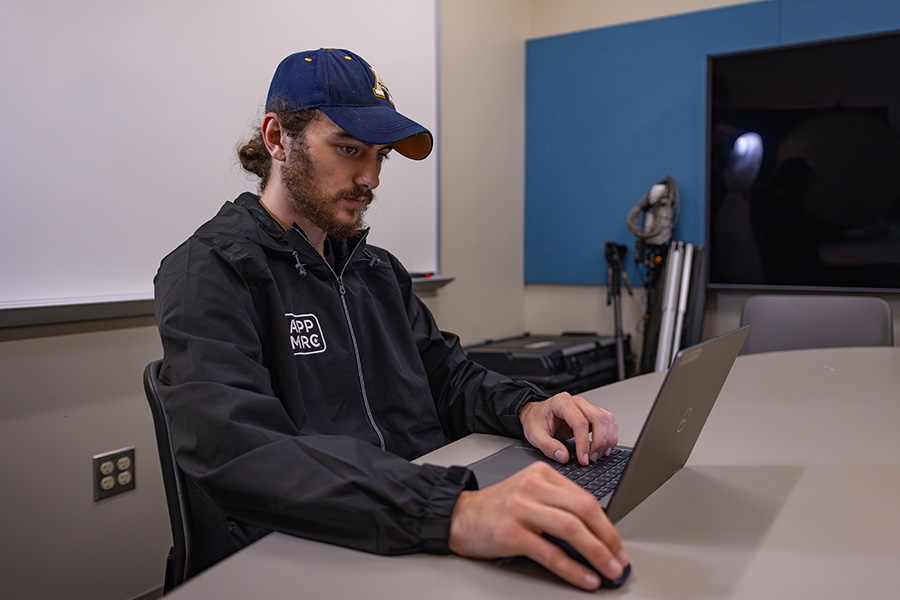
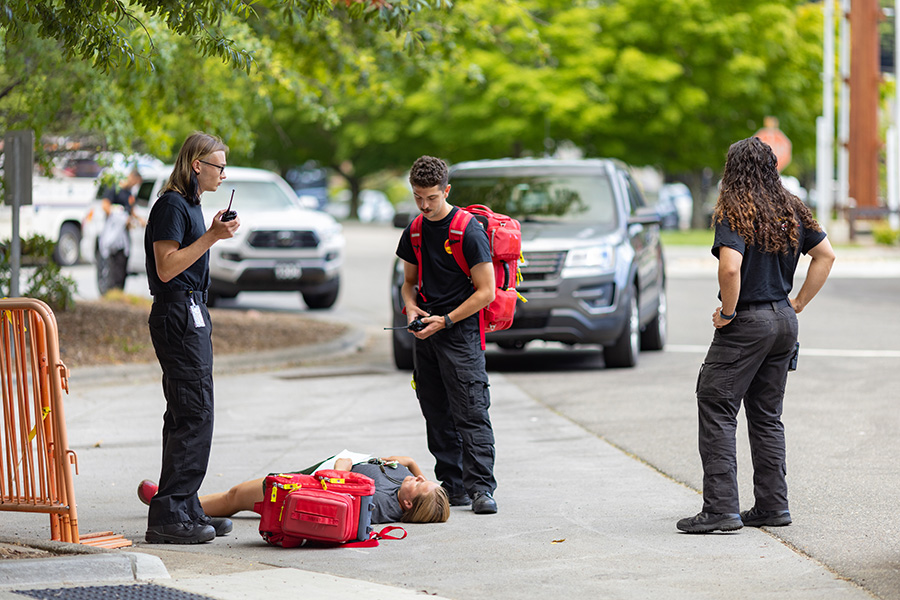
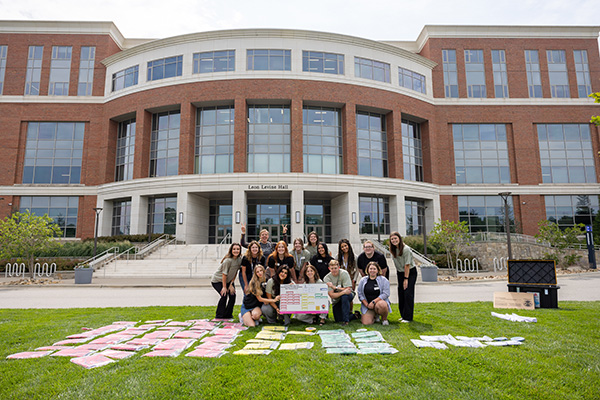
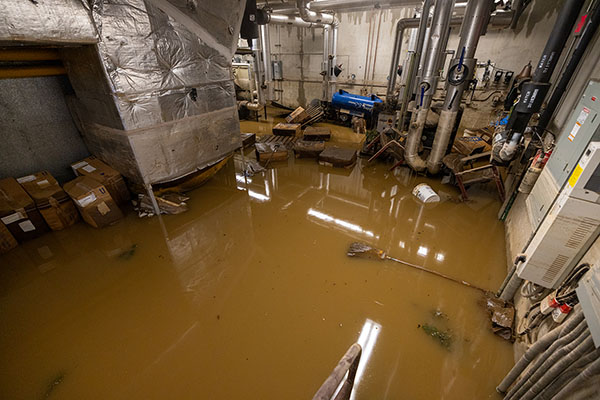
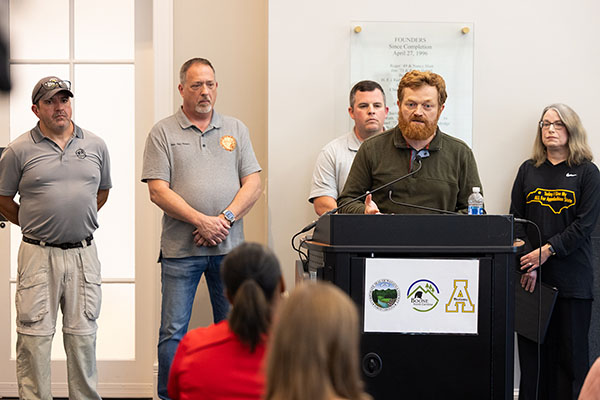
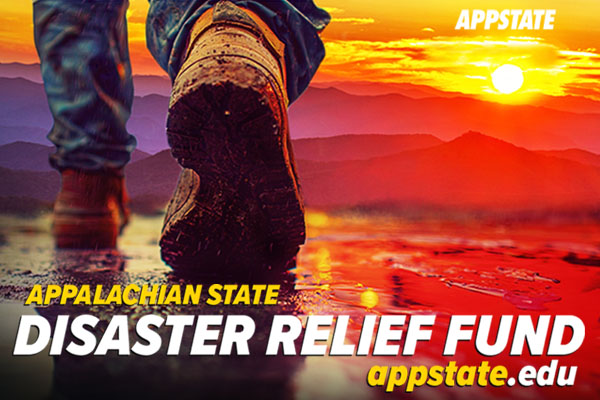
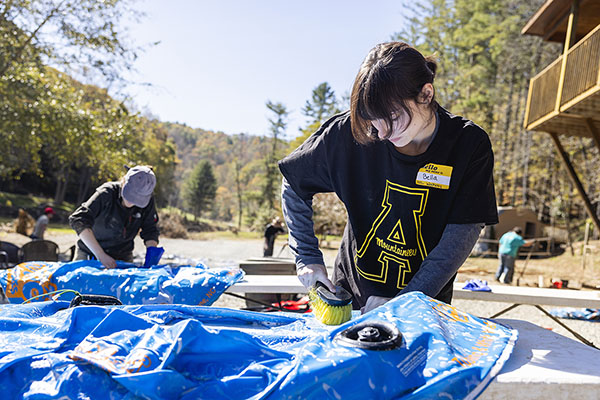


![How NCInnovation Is Rethinking Economic Development in North Carolina [faculty featured]](/_images/_posts/2026/02/rethinking-economic-development-600x400.jpg)








